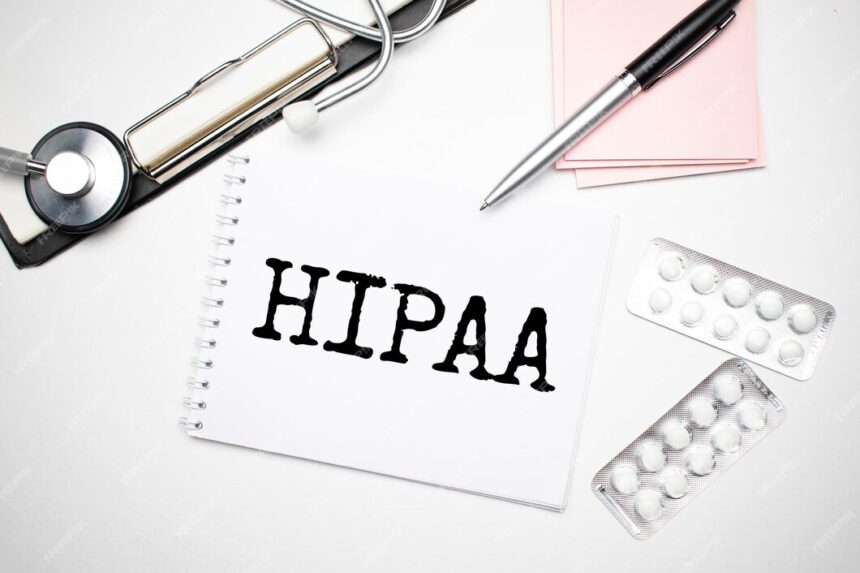Recognizing the HIPAA importance is critical for all healthcare professionals and organizations. The Health Insurance Portability and Accountability Act (HIPAA) provides the foundational framework for protecting sensitive patient information from unauthorized access and breaches. Compliance with HIPAA regulations is not just about fulfilling legal obligations; it also plays a pivotal role in maintaining patient trust and confidentiality. By safeguarding personal health information, HIPAA helps to ensure that the healthcare system operates efficiently and securely, which is essential for delivering high-quality patient care and maintaining the integrity of healthcare practices.
HIPAA Importance
HIPAA ensures healthcare providers, health plans, healthcare clearinghouses, and their business associates implement safeguards to protect sensitive personal health information. Without HIPAA law, there would be no requirement for healthcare organizations to safeguard the data– and, therefore, no repercussions if they failed to do so.
Before HIPAA, stolen personal health information was often used by criminals to commit identity theft. This caused financial implications for patients and also enabled criminals to obtain certain medical procedures and care under false pretenses or sell the data on the black market. This resulted in higher insurance costs and premiums which were passed down to everyone.
Another benefit of HIPAA is that it gives patients the right to obtain their healthcare records, so they can check for errors and ensure any mistakes are corrected. This is important for engaging patients to take a more active role in their healthcare.
Above all, most would agree that trust is the foundation upon which the patient/healthcare professional relationship is based. Above all, most would agree that trust is the foundation upon which the patient/healthcare professional relationship is based. When patients are confident their privacy is being respected, this fosters trust. When patients have confidence in their healthcare professionals, this improves healthcare delivery and promotes better patient outcomes. However, if trust is broken, there can be long-lasting consequences for both patients and healthcare professionals.
How to avoid unintentional HIPAA violations?
The best way to avoid unintentional HIPAA violations is to ensure your knowledge of HIPAA by taking advantage of HIPAA training courses that provide you with an in-depth knowledge of HIPAA and its rules and regulations. Taking responsibility for your understanding of HIPAA –– helps protect your career, improves patient relationships, increases job prospects, and makes work more rewarding.
Experience Better Healthcare Compliance
MedSafe is the nation’s leading one-stop resource for outsourced accreditation and healthcare compliance solutions. For over 20 years, we have been providing peace of mind to hospital groups, private practices, and their business associates. Our suite of onsite and online training services, including OSHA, HIPAA, Corporate Compliance and Code Auditing better equip your practice with the necessary tools and skills to achieve and maintain regulatory billing compliance. MedSafe takes a hands-on approach and works directly with your team to uncover issues and define suitable solutions.

Leave a Reply
You must be logged in to post a comment.